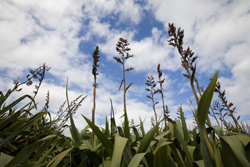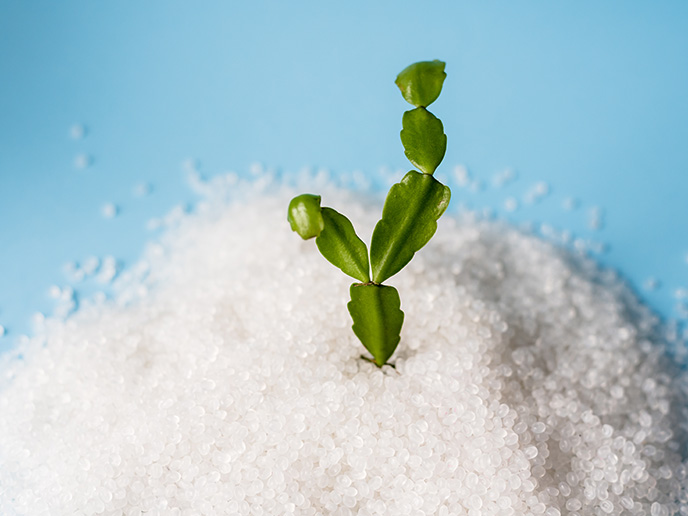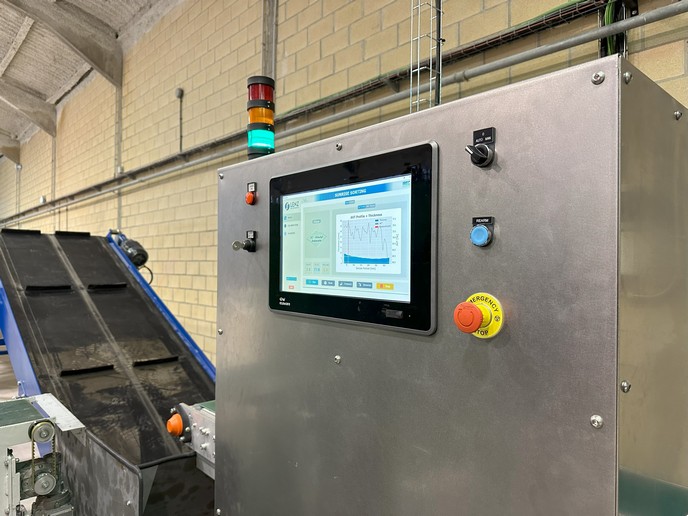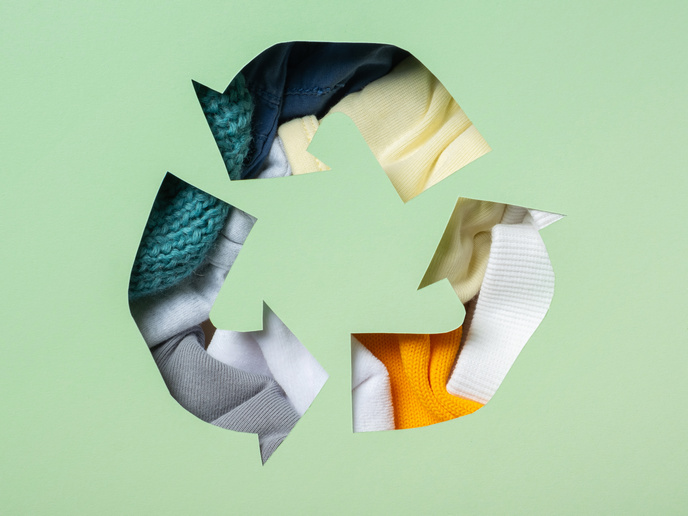Manufacturing durable textiles from plant fibres
Climate change and changing attitudes have made petroleum-based manufactured products more expensive and less desirable in the modern world. Biological or biologically-derived polymers are a petroleum-free source of fibres for the textile industry, and may even offer cost and durability benefits over synthetic textiles. The EU-funded 'Development of new agrotextiles from renewable resources and with a tailored biodegradability.' (BIOAGROTEX) project was set up to investigate the production of textiles from natural fibres and bio-based polymers. The project focused on agricultural textiles as alternatives to current petroleum-based textiles. European natural fibre sources such as flax, hemp, hop wastes and nettle were investigated. The most promising options were flax and hemp, which provided high-fibre yields with desirable properties. The project also investigated cheap alternatives for processing these fibres in the field, which improved their usefulness by decreasing processing costs. Also recycled jute proved to offer a good economical alternative natural fibre source. A furan-based bioresin coating proved useful as a treatment for natural fibres. This treatment drastically increased the durability of the fibres without affecting flexibility or strength. Biopolymers, including PLA, were processed into fibres, mono- and multifilament yarns. Based on these intermediates, several textiles were also developed in partnership with various small businesses for agricultural applications. These included knitted cloth for covering crops and several ground cover textiles for different purposes. All products underwent rigorous field testing, and either matched or out-performed comparable petroleum-based products. BIOAGROTEX has developed and tested useful bio-based alternatives for agricultural textile production, some of which are now commercially available to farmers in Europe. The development of safe and durable biopolymer-based textiles is an important achievement that will decrease our dependence on fossil fuels in the long term.







